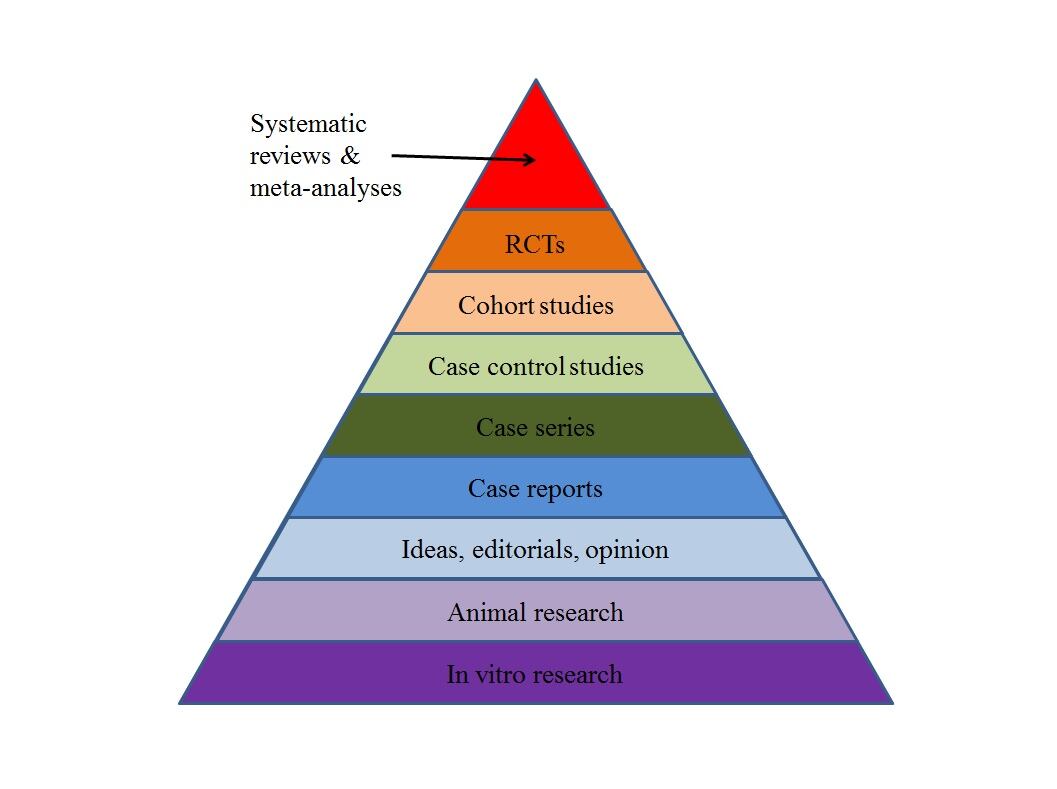Results of a meta-analysis, which pooled data from approximately 3,000 people, indicated that omega-3 supplementation was associated with significant reductions in heart rate, with the effects linked more to DHA than EPA.
“The present meta-analysis provides strong and updated clinical evidence demonstrating the effect of heart rate reduction by [omega-3 long chain polyunsaturated fatty acid] supplementation. In analyzing trials with DHA or EPA alone, our study demonstrates that DHA rather than EPA is more ascribable to such chronotropic effect,” wrote the authors in the European Journal of Clinical Nutrition.
The study adds to a large body of evidence supporting the potential cardiovascular benefits of omega-3s, first reported in the early 1970s by Dr Jorn Dyerberg and his co-workers in The Lancet and The American Journal of Clinical Nutrition.
To date, the polyunsaturated fatty acids (PUFAs) have been linked to a range of cardiovascular benefits, from improving in blood lipid levels to reducing the tendency of thrombosis, and from improving blood pressure and heart rate to reducing the risk of coronary heart disease (CHD) and cardiac death.
Commenting independently on the study Harry Rice, PhD, VP of regulatory & scientific affairs for the Global Organization for EPA and DHA Omega-3s (GOED), told us: “The cardiovascular benefits of EPA and DHA are well-documented and this comprehensive meta-analysis corroborates just one of the many benefits - reduction of resting heart rate. Evidence from clinical trials and epi studies has identified elevated resting heart rate as a predictor of clinical events.
“Given that heart rate is a major determinant of oxygen consumption and metabolic demand, reducing heart rate should diminish cardiac workload and thus increase the health of the heart. I can't say we needed another reason to increase our intake of EPA and DHA, but if we did, we definitely have it.”
Study details
The researchers searched PubMed and Cochrane databases and found 51 RCTs that met their criteria for inclusion in the meta-analysis. The data indicated that, compared to placebo, omega-3 supplementation was associated with a “mild” but “significant” average reduction in heart rate of 2.23 bpm.
When the researchers assessed studies that gave EPA and DHA separately they found that the DHA was associated with an average 2.47 bpm reduction in heart rate (HR), while no significant reduction in heart rate was observed for EPA.
“It should also be further noted that the [heart rate] of the majority of participants included in this meta-analysis was within normal range—the state where reducing [heart rate] is conventionally not a medical indication,” wrote the researchers. “At the population level however, such [heart rate] reduction may have significant public health implications, as a reduction of 3.2 bpm [heart rate] would roughly correspond to 7.5% lower risk of [sudden cardiac death].”
A small mountain of meta-analyses

The new analysis joins an ever-growing body of meta-analyses supporting the potential heart health benefits of EPA and DHA. Systematic reviews and meta-analyses sit at the top of the pyramid of scientific evidence (see figure to the right)
A recent meta-analysis published in the Mayo Clinic Proceedings indicated that EPA and DHA from food and supplements may reduce the risk of coronary heart disease (CHD). Data from 18 randomized clinical trials (RCTs) indicated that EPA and DHA were associated with a non-statistically significant 6% risk reduction in CHD among all populations, while the risk reduction increased to a statistically significant 18% when data from 16 prospective cohort studies was assessed.
The data also indicated that among RCTs there was a statistically significant reduction in CHD risk in higher risk populations, including a 16% in those with high triglycerides and 14% in those with high LDL cholesterol. The meta-analysis was funded by the Global Organization for EPA and DHA Omega-3s (GOED), but the organization played no role in any part of the analysis.
A 2014 meta-analysis, also financed by GOED, found that for untreated hypertensive subjects, omega-3s were associated with average reductions of systolic and diastolic blood pressure of 4.51 mmHg and 3.05 mmHg, respectively (American Journal of Hypertension).
A 2012 meta-analysis by scientists at the Chinese Academy of Medical Sciences & Peking Union Medical College found that daily supplements of omega-3s for an average of 56 days were associated with a 2.3% improvement in flow-mediated dilation (FMD), a measure of a blood vessel's healthy ability to relax (Atherosclerosis, Vol. 221, pp. 536-543).
Source: European Journal of Clinical Nutrition
Published online ahead of print, doi:10.1038/s41430-017-0052-3
“Effect of omega-3 long-chain polyunsaturated fatty acid supplementation on heart rate: a meta-analysis of randomized controlled trials”
Authors: K. Hidayat, et al.

